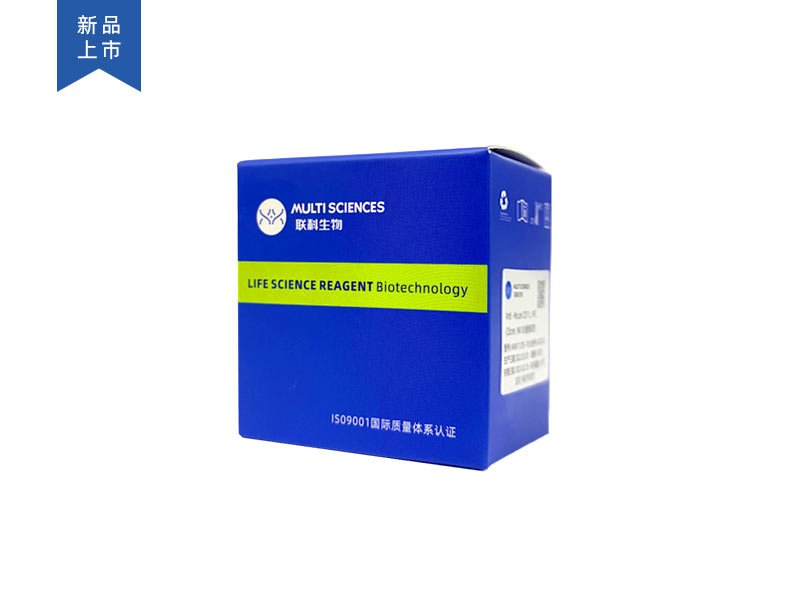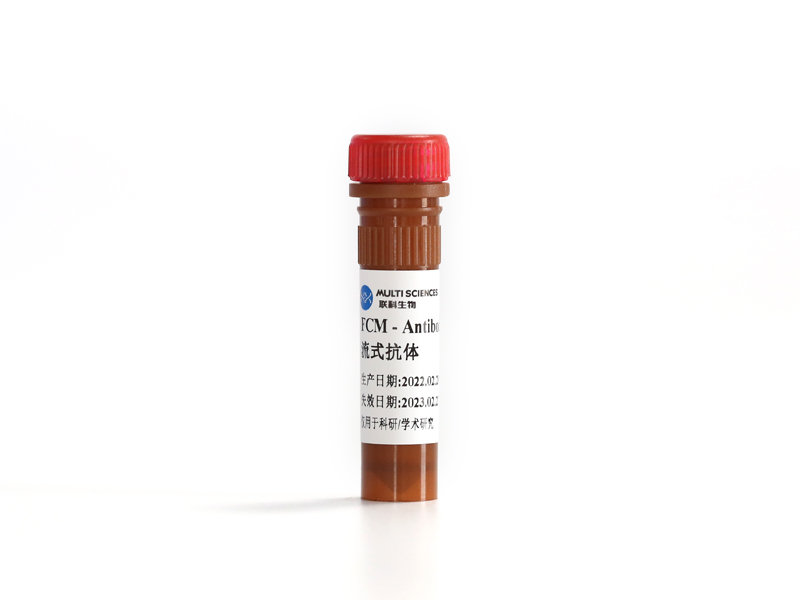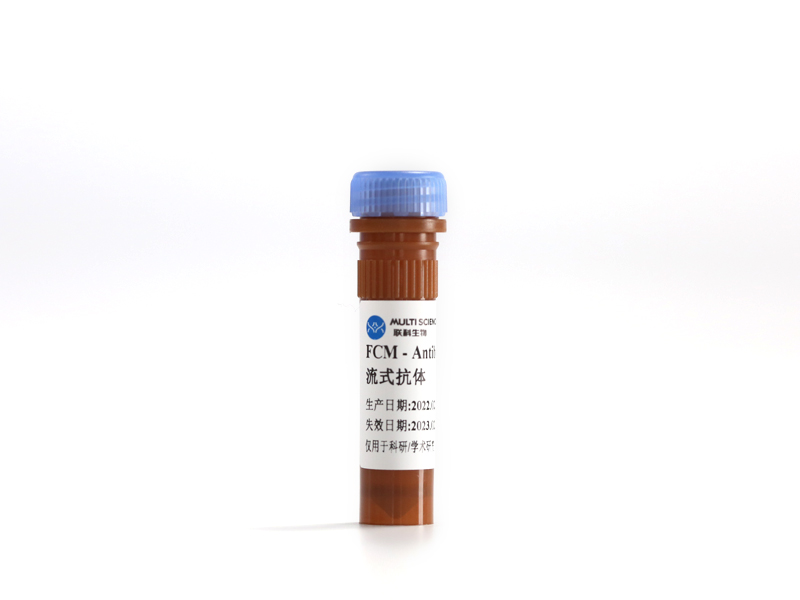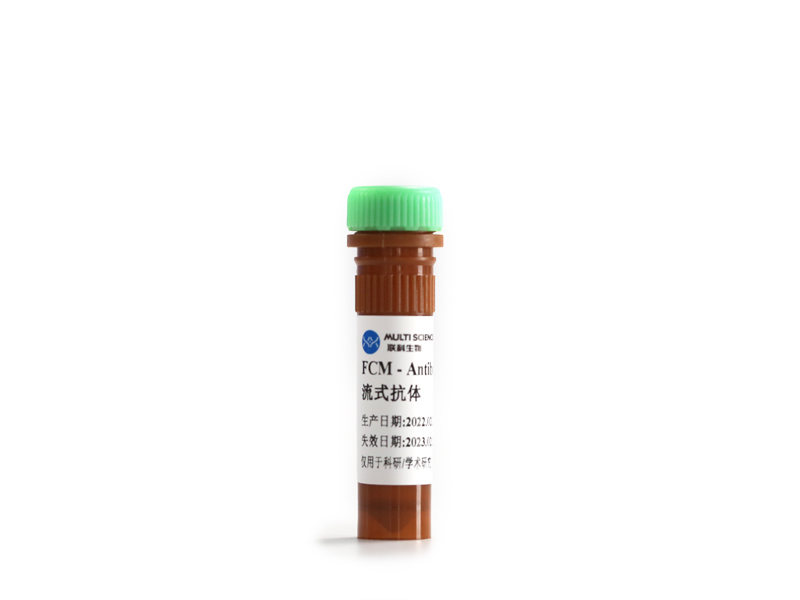Autoimmune hepatitis (AIH) is a progressive and chronic inflammatory disease in the liver. MARCO is a surface receptor of macrophage involving in tissue inflammation and immune disorders. Moreover, polyguanine (PolyG) is considered to bind to macrophage receptor with collagenous structure (MARCO). However, the role of MARCO and PolyG in the development and treatment of AIH still remains unclear. Therefore, this study explores the expression of MARCO and therapeutic activity of PolyG in both S100-induced AIH in mouse and Lipopolysaccharide (LPS)-treated macrophage (RAW264.7 cells). Moreover, there were significant increases in inflammatory factors and MARCO, as well as decrease in I-kappa-B-alpha (Ik-B) in the liver of AIH mice and LPS-induced cells. However, PolyG treatment significantly reversed the elevation of inflammatory cytokins, MARCO and reduction of Ik-B. In addition, PolyG treatment could downregulate the expression of Toll-like receptor 4 (TLR4) and TIR-domain-containing adaptor inducing interferon-β (TRIF), decrease macrophage M1 polarization and increase macrophage M2 polarization. When hepatocytes were co-cultured with different treatment of macrophages, similar expression profile of inflammatory cytokines was observed in hepatocytes. The research revealed that MARCO expression was elevated in AIH mice. PolyG treatment and inhibition of MARCO significantly reduced inflammatory cytokines expression in the liver as well as hepatocytes and macrophages. Therefore, MARCO could be a target for the treatment of AIH.
文章引用产品列表
-
- F21480A02 3 Citations
- 流式抗体(新品)
Anti-Mouse F4/80, PE (Clone:BM8.1) 流式抗体 (新品)
- ¥560.00 – ¥1,232.00
-
- F2108603 7 Citations
- 流式抗体(新品)
Anti-Mouse CD86 (B7-2), APC (Clone:GL-1) 流式抗体 (新品)
- ¥1,080.00 – ¥2,376.00
-
- F11011B01 11 Citations
- 流式抗体(新品)
Anti-Human/Mouse CD11b, FITC (Clone:M1/70)流式抗体 (新品)
- ¥208.00 – ¥440.00





